Learn more about our governance and how we nominate the members of our Board of Directors here.
Board of Directors
Representing diverse geographic locations, lived experiences, and areas of expertise across food systems, our board members bring a wealth of knowledge and perspectives to guide FSC’s strategic direction.
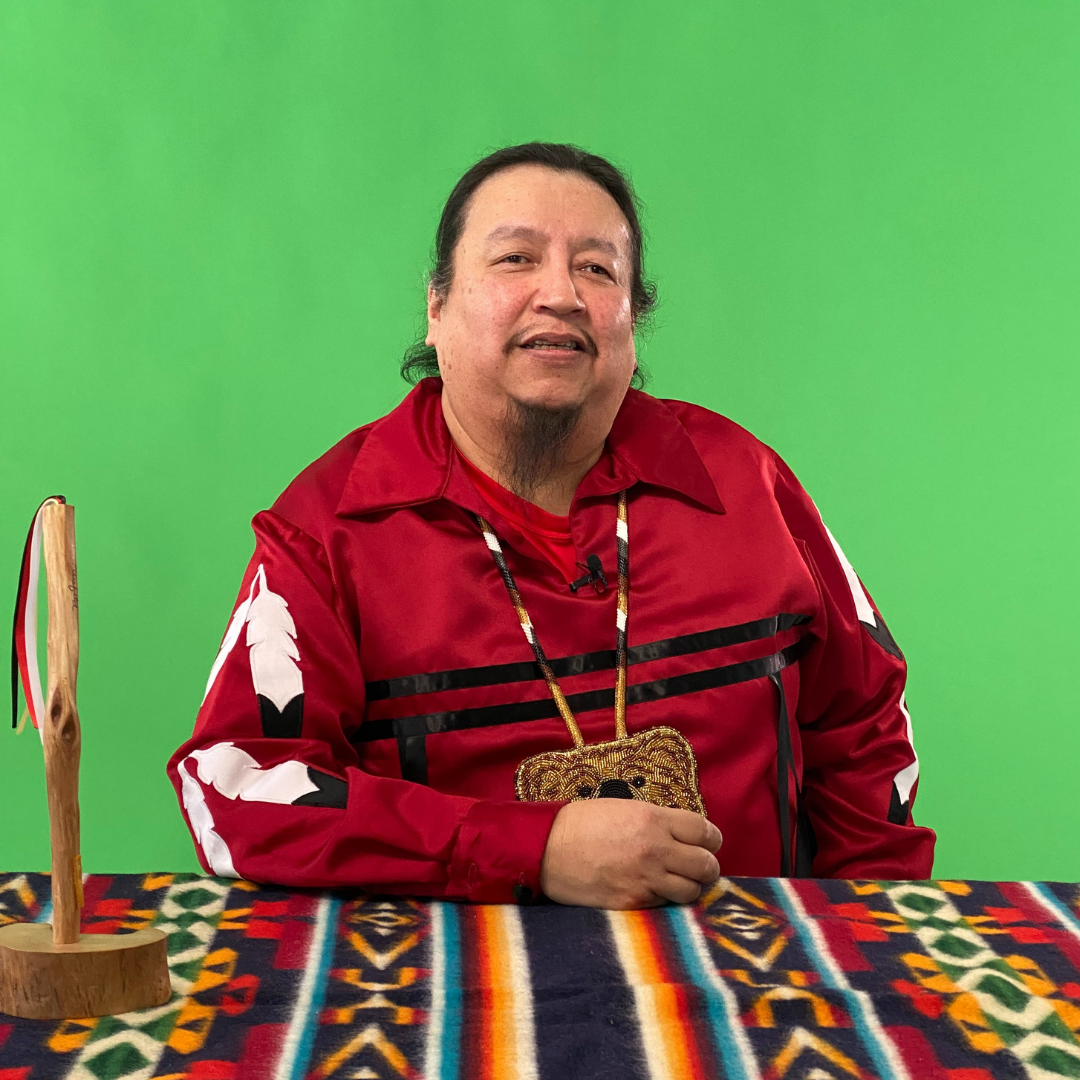
Byron Beardy (he/him)
Byron Beardy is the Program Manager for Four Arrows Regional Health Authority Inc.’s Kimeechiminan (Our Food) – Food Security department and is of Anishininiw ancestry originally from Garden Hill First Nation and was raised in Wasagamack First Nation of the Island Lake region in Manitoba.
Heading into his 14th season, he sits on various food security committees locally, regionally, provincially, nationally and he is frequently requested to speak, plan, and/or present at schools, universities/colleges, and gatherings/workshops etc. related to indigenous food sovereignty, food security, and/or food practices.
Fluent in his Anishininiw language, Byron utilizes his language skills, traditional knowledge, understanding and continues to incorporate these teachings into food sovereignty/food security work.
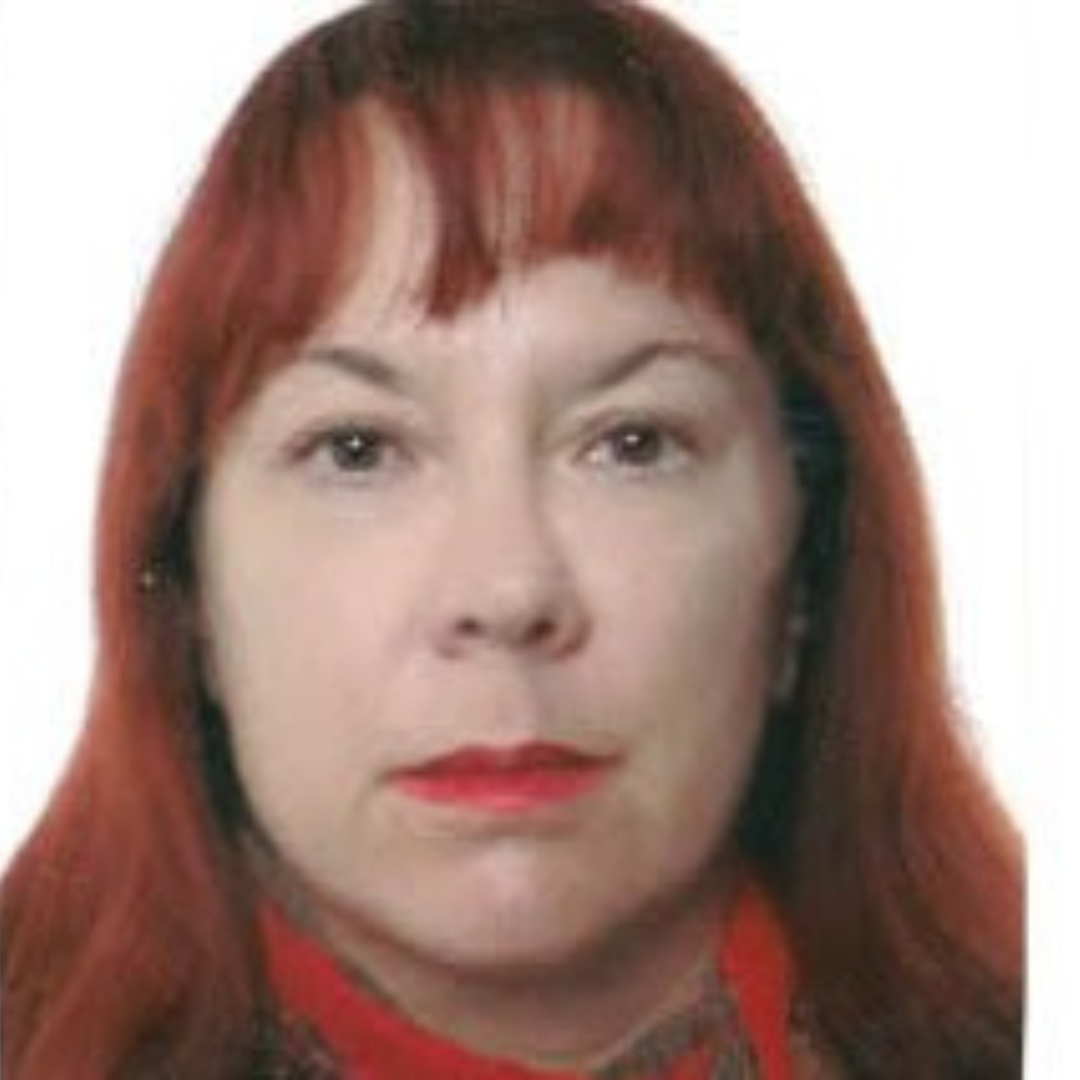
Nettie Boivin (they/them)
Nettie is a multidisciplinary professional who has lived in the Global North and South experiencing food security and sovereignty issues in Qatar, Kazakhstan, Finland, Guatemala, Nepal, Japan, Malaysia, the U.K., and Canada. They have knowledge in research, policy analysis, and project development that is founded not only on theories but also stems from lived experiences of being a single mother and immigrant. They realize their privilege as a mixed-race, academic, and as a person who can pass as white. Nettie utilizes a lens of Equity, Diversity, and Inclusion (EDI) during collaboration, interaction, and analysis of policy and practices.
Nettie’s multidisciplinary collaborative networking approach aims to not only engage policymakers but create public understanding of issues around food, food security, sovereignty, globalization, and the environment. Nettie is passionate about all areas in the complexity of food, practices, production, consumption, and waste. They want to collaborate across the intersecting stakeholders (government, business, education, and community) and thread innovative solutions for food insecurity, sovereignty, environment, consumption, globalization, production, and waste.

Olivia Boyce (she/her)
Olivia has been actively involved in community food security and food sovereignty efforts for nearly a decade and in recent years led the development of the social enterprises Everyone Eats, pay what you can meal program; Brandon’s Food Rescue Grocery Store; and founded and is now Chair of the Brandon Food Council. She is a candidate for the Masters in Business Administration in Community Economic Development at Cape Breton University and works to support governance structures and participatory frameworks that build capacity for collaborative community-based action, regionally informed public planning and policy development and evaluation. She has a special interest in national food policy, traditional food systems, preventable chronic diet-related disease, school food programs, circular economy, and urban planning for building healthy, thriving communities.
At the centre of her work is Olivia’s life mission to leave the world a better place than she found it and for the generations to come and towards this end she advocates for environmental sustainability, nutrition and health, social justice, human rights, and sustainable economic growth. She has a diverse portfolio of experience ranging from house-building and youth leadership in Mexico; to hosting a land-based camp in Northern Manitoba for students and teachers; to public consultation and advocacy for municipal food policy councils. Olivia is currently serving as a grant advisor for the provincial Reaching Home Rural and Remote Homelessness fund and is working at University College of the North as a Program and Policy Analyst for the Centre for Aboriginal Languages and Culture. Olivia lives in the prairie heartland of Brandon, Manitoba with her partner and two sons. Outside of work she enjoys painting, cooking and outdoor adventures.
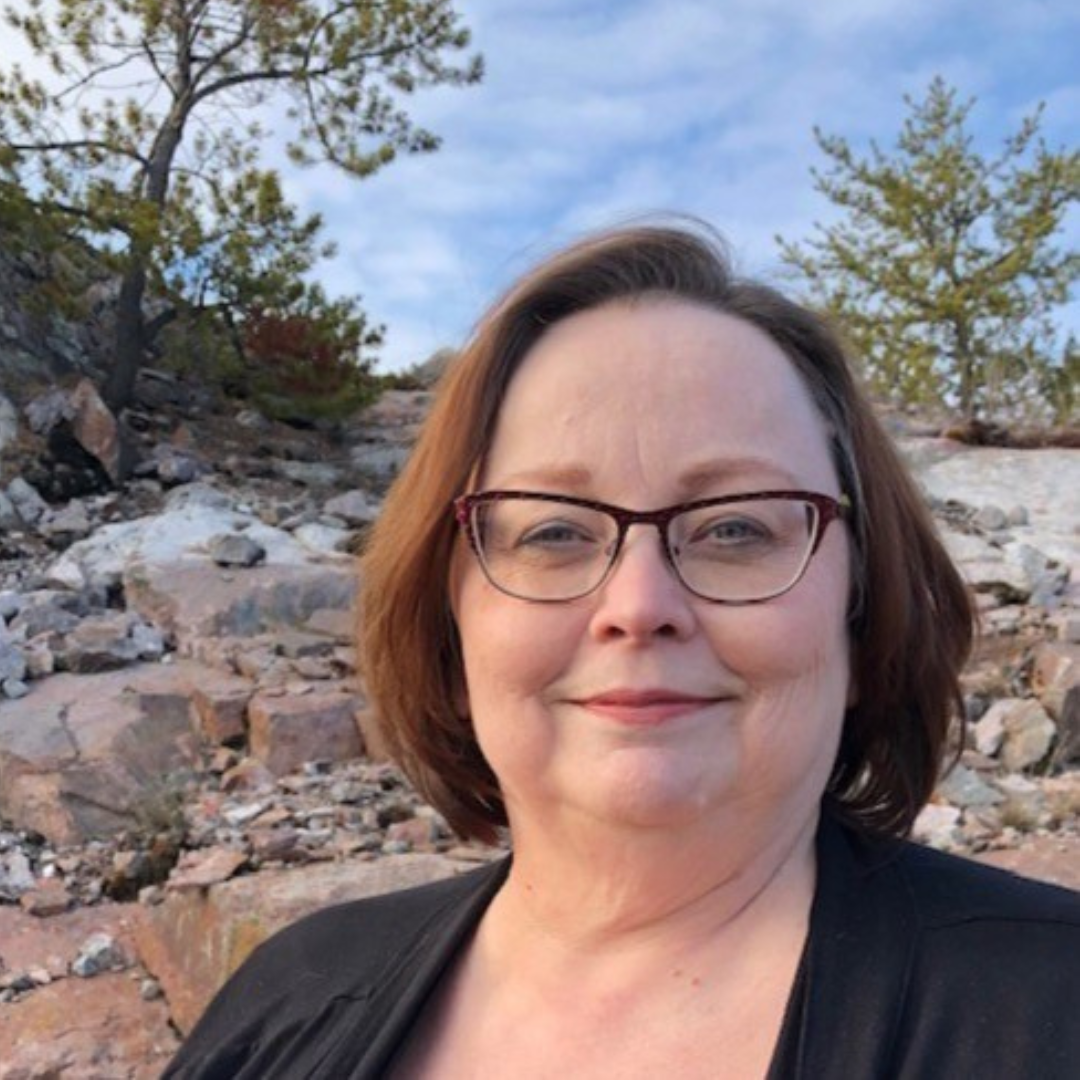
Janet Dean (she/her)
Janet Dean is the ED of the NWT Agri-food Association, working to build a sector that is sustainable and demonstrates great environmental stewardship while acknowledging and responding to the reality that agriculture in the NWT has a solely colonial history and has both a role in, and a responsibility for, food security and sovereignty.
Janet has a unique combination of education and experience in business and psychology and food production and retailing. Social activism runs in her veins and underscores her commitment to FSC.

Jingyi (Celia) Luo (she/her)
Trained as a dietitian, Celia is a relatively new settler learning to be a better guest on this land. Celia's involvement with food started with student hunger awareness on campus in Halifax, Nova Scotia, Mi'kmaki. Along the way, she spent time in Mi'kmaki, Treaty 7, and now Treaty 6 territory, and she worked with students, newcomers, refugees, and Indigenous people in community health centres, community gardens, urban agriculture projects, and cooperatives. Celia also advocated for cultural food security through local food policy and food literacy programming.
Her professional interests in food justice draw her to work with equity-seeking groups in her career. Wherever she works, she likes to walk alongside the community she serves on a food security journey, focusing on improving healthy food access, building local food infrastructure, supporting healthy food skills education, and advocacy. She believes food can be a provocation for change, to create connections and togetherness rather than divisions. She is committed to supporting food justice principles. Celia is interested in using her knowledge of food science and health to create spaces and activities which promote a local food landscape, one which reduces both physical food miles and social distance.
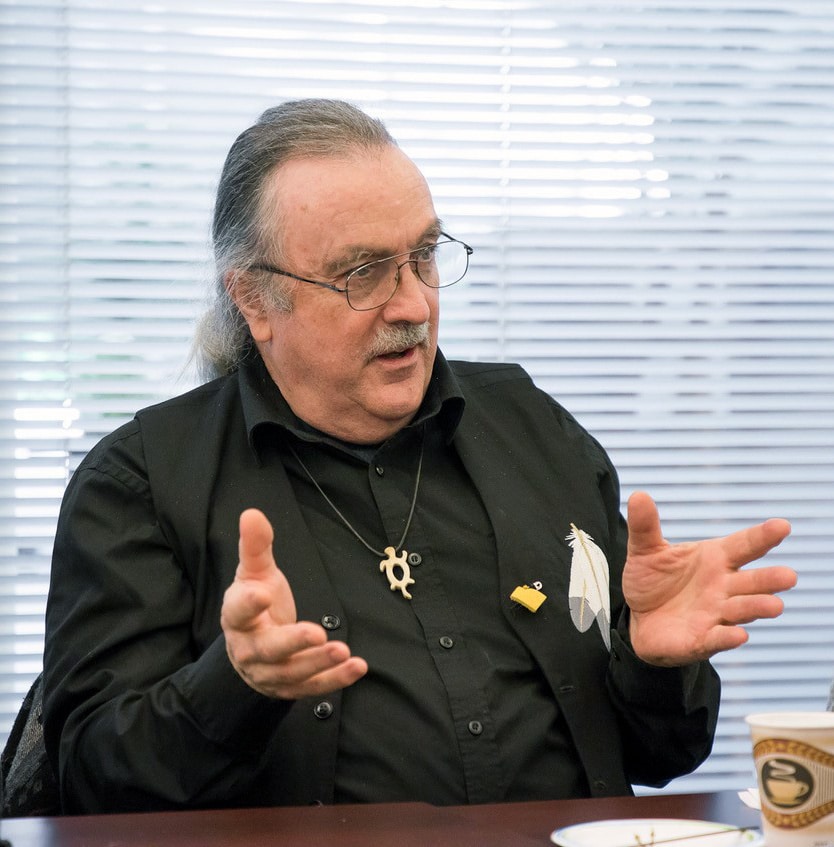
Larry McDermott (he/him)
A member of Shabot Obaadjiwan First Nation, Larry McDermott served as an Ontario municipal politician for 28 years including as the first national rural chair of FCM.
He is currently Executive Director of Plenty Canada, a non-profit organization devoted to environmental protection and healthy communities, and Co-chair of the Canadian Environmental Network Biodiversity Caucus. He also serves as a commissioner of the Ontario Human Rights Commission.
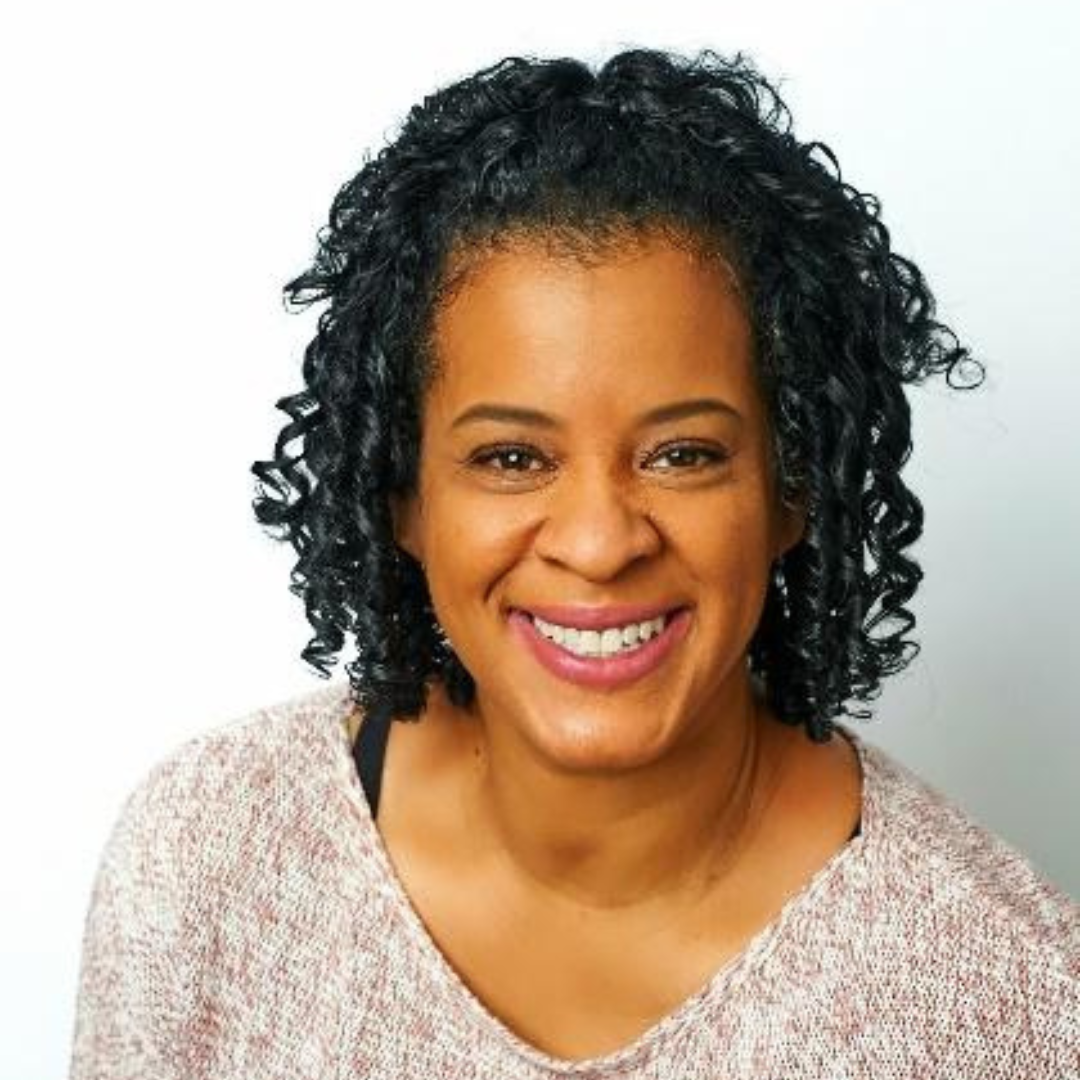
Nicola Moore (she/her)
Nicola Moore’s mission is to improve the quality of life through social education. She is always looking for ways to connect with others and be involved in her community. Her journey into food advocacy ignited a passion she was determined to share with the world. She has spoken to many groups about food insecurity with a focus on mental health and wellness. Nicola has participated in writing letters to government officials, spoken many times on television networks, and has been mentioned in national newspapers, all with the same goal in mind; Ms. Moore advocates for changes that would reduce poverty and create a more equitable society.
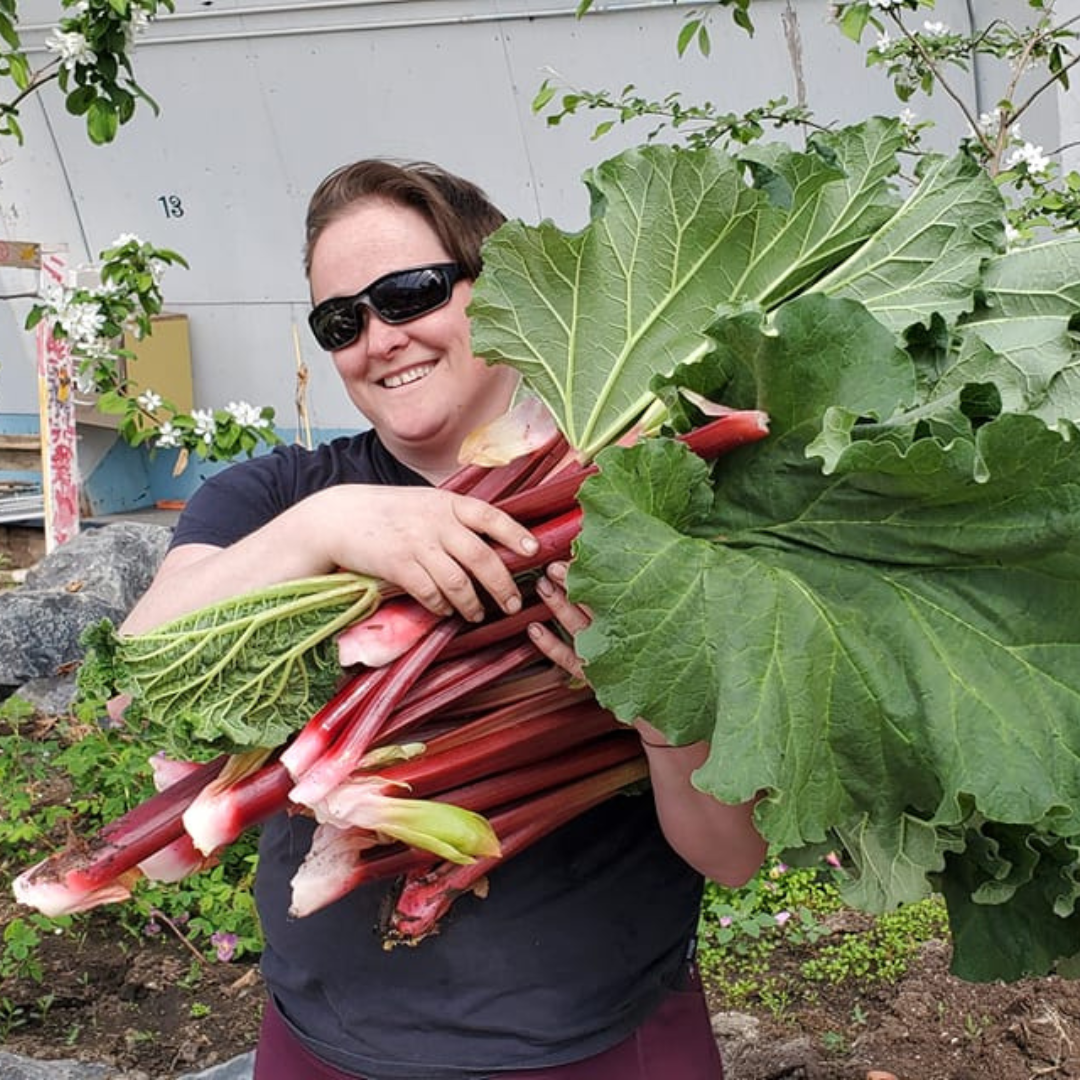
Raygan Solotki (she/her)
Ray has made food security her life’s focus. She has worked in the field for a decade and founded her own social enterprise, Sustainable Food Security.
Ray grew up in one of the “1 in 8” food-insecure households in Canada, in the Cowichan Valley of British Columbia. In the summer, she fished and gardened, and in the fall, she hunted and canned food. Each spring, she helped plan the year ahead to ensure there would be enough food.
Years later, Ray put those skills to use in the Western Arctic, where she worked with the eight Beaufort Delta, Northwest Territories, communities to develop greenhouse programs to enhance food security. While such programs tend to rely on volunteers, Ray moved toward a model of paid employment. She believes this places value on the work done by people to improve food security while increasing the reliability of the food supply.
In 2021, Ray took over as executive director of Green Iglu, a national food security non-profit. In just two years, she successfully partnered with 16 communities across Canada to develop and construct multi-season greenhouse infrastructure. She also developed all-ages food literacy programs for some 4,000 learners.
Ray is often more comfortable with animals than humans, but mention growing mushrooms, the benefits of good manure or making cheese, and she will talk your ear off. As a settler Canadian, she is unlearning the negative teachings of her childhood through listening, learning and encouraging voices quieter than her own to be elevated.
Ray now operates her own food security social enterprise, Sustainable Food Security. She partners with municipalities, First Nations, non-profits and private ventures to implement community-level food security solutions of all types (not just greenhouses). She welcomes anyone interested in learning more to reach out for a friendly phone or virtual chat. As it has throughout her career and life, her adage remains simple: “More food on more plates.”
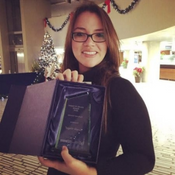
Nathalie Vengal (she/her)
Nathalie is a food security and labour rights activist who works as a National Representative and the Chair of the Young Workers Committee at the United Food and Commercial Workers (UFCW Canada). In 2016, Nathalie founded the first youth-led food bank in the city of Toronto, which still operates today and is dedicated to serving the Latin community and hundreds of individuals, youth and families from equity-deserving groups. In her spare time, she works diligently with non-profit organizations and the municipal government in Toronto to address food insecurity and food policy.
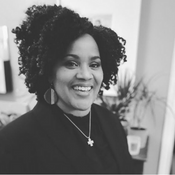
Wendie L. Wilson (she/her)
Wendie L. Wilson is a mother, educator, artist and writer. Born and raised in Kjipuktuk (Halifax), Wendie is a descendant of African Nova Scotians who have had history in the province for 400+ years. She has a keen interest in documenting the food history of this distinct cultural group and collecting the narratives connected to Canada’s oldest Black cuisine. Wendie is dedicated to elevating the profile of the community and sharing their culture with others. Utilizing her Masters in Africentric Leadership has allowed her to view situations through an African-centered lens.
Wendie grew up in one of the largest public housing projects in Nova Scotia and experienced firsthand the effects of food insecurity and how food is directly connected to an innate sense of well-being on multiple levels. Throughout her 20 years as an educator in the public school system, Wendie has witnessed the impact food has on learning. Eliminating both visible and invisible barriers to healthy, fresh and local food through access to community gardens has been her most recent passion.
As a co-founder of the African Nova Scotian Freedom School, she is dedicated to contextualizing the history and culture of African Nova Scotians and making it accessible to those that it impacts, believing that education is the great equalizer. As a member of the Coalition for Healthy School Food Advisory in NS, she is invested in seeing a Canada-wide school food program implemented as a part of the educational path to equality.